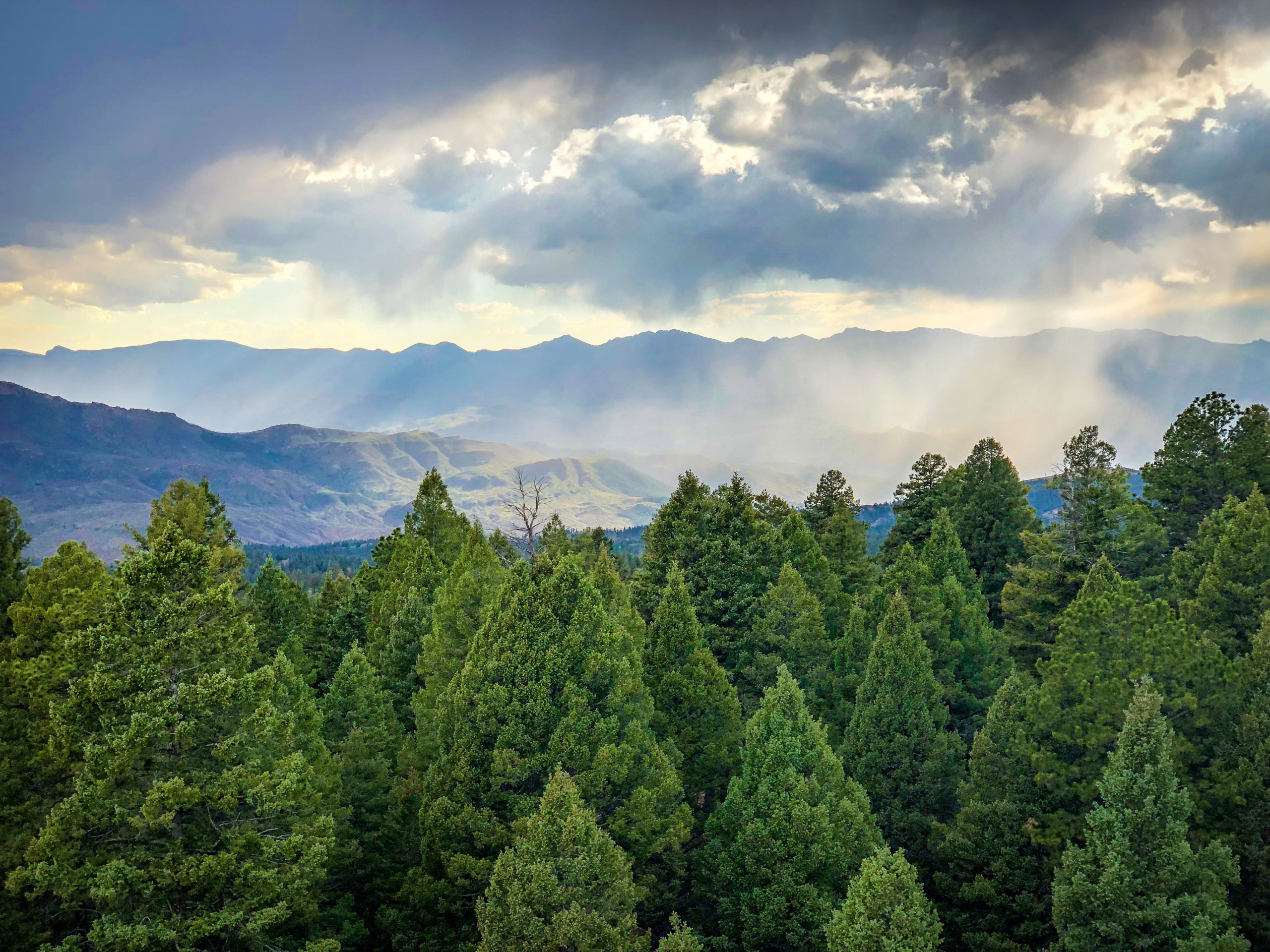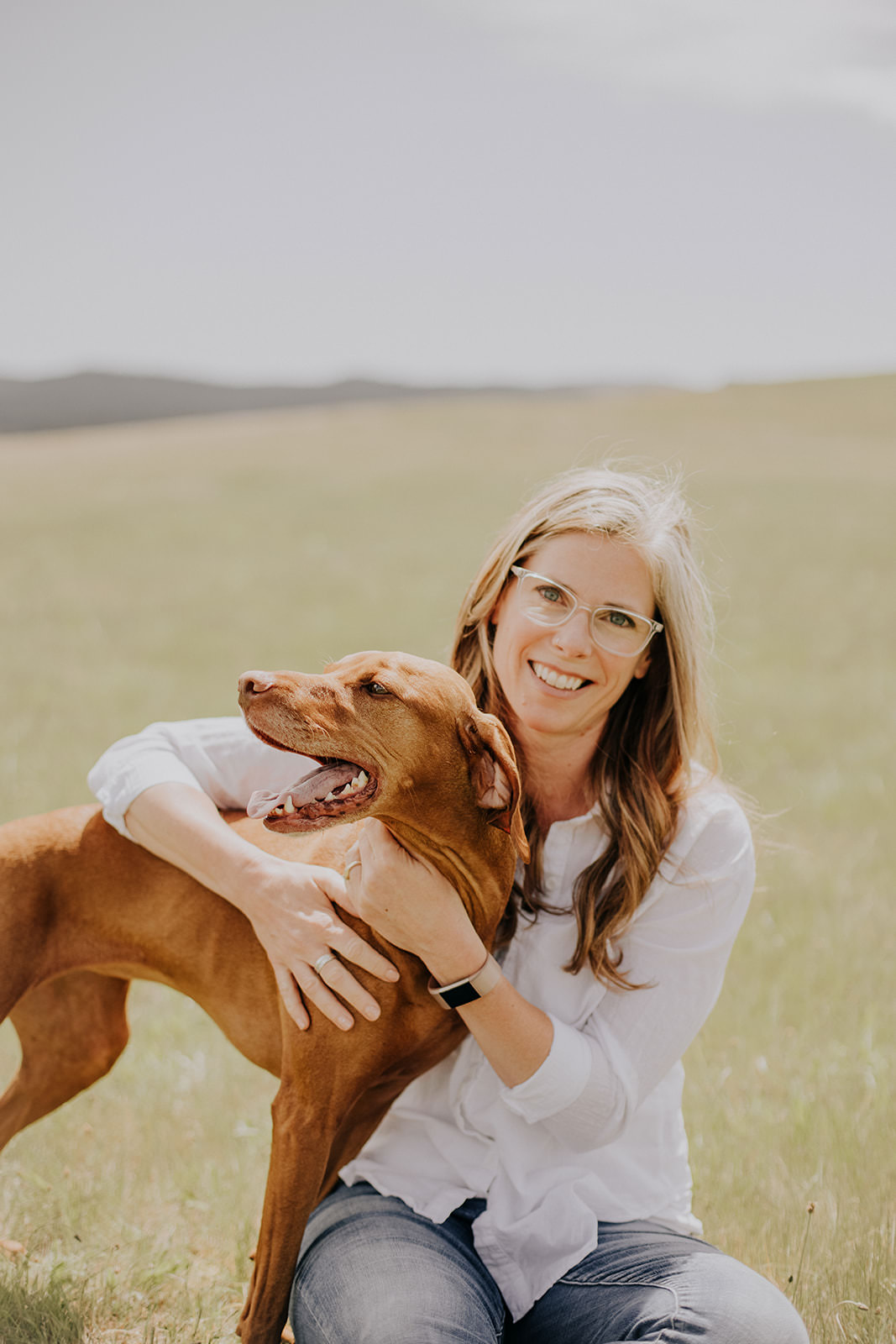I’ve spent a good portion of the morning cleaning, organizing, and planning new landscaping projects. I’ve eaten, showered, dressed in real clothes, made the second pot of coffee, and looked up the etymology of words such as procrastination. I’m a bit disappointed to learn it means exactly what I thought it meant, without any deeper linguistic reasoning. Examples of procrastination would be: my tendency to clean, organize, and plan, when I have more important things to do.
My real life includes all the work I want to do and the work I must do, and I have to learn to walk them as one road. One has to feed the other, or else my life will be empty in some places and stuffed too full in others. If my house is impeccable but I’ve not made any steps towards my creative goals, I have an imbalance. If I enjoy my garden all afternoon but don’t stop to make dinner, I’ll have a houseful of empty stomachs. I need help switching tasks, I suppose, but I don’t want to lose the sense of beauty as I go about the work.
A couple months ago, the timber company that manages the woods of my normal walking route moved in their equipment for summer logging. It’s just a gravel road, flanked by fir trees and ferns, but it’s been my place for years now and I enjoy my solitude there. The logging will change the landscape some, but the loggers I know best are responsible and mindful of the land. The forest isn’t going to disappear.
The fact that they’ve moved in to my place of refuge has only led to more delights. I’ve found a new trail that is full of the glory of the wild and managed woods, together. I never would have ventured onto a new path if the old one hadn’t been taken up with equipment. I wouldn’t have found wild wonders hidden right off the gravel road—tall grass, wildflowers, turkey, deer, and elk—all running alongside and above my old route.
I walk the trail several times a week and lately I’ve been doing it in silence, without the headphones feeding me information. I am info-drowned, drunk and dizzy like one who drinks from the firehose, and I need this break. For a short hour I am fully immersed in another world. There are moments of complete silence, then a rush of feathers, the distracting cry of a mama turkey, the chip-chip of chicks, and the far-off brap of chainsaws. Walking alone in the woods takes my mind through its cycles of busyness and dormancy and then, occasionally, to the bright fire of inspiration. I record half-intelligible notes in my phone to mark all the epiphanies.
Walking is thinking, as Robert Macfarlane so brilliantly points out in The Old Ways: A Journey on Foot. “The relationship between thinking and walking is also grained deep into language history, illuminated by perhaps the most wonderful etymology I know. The trail begins with our verb to learn, meaning ‘to acquire knowledge’. Moving backwards in language time, we reach the Old English leornian, ‘to get knowledge, to be cultivated’. From leornian the path leads further back, into the fricative thickets of Proto-Germanic, and to the word liznojan, which has a base sense of ‘to follow or to find a track’ (from the Proto-Indo-European prefix leis-, meaning ‘track’). ‘To learn’ therefore means at root – at route – ‘to follow a track’. Who knew? Not I, and I am grateful to the etymologist-explorers who uncovered those lost trails connecting ‘learning’ with ‘path-following’.”
I know life comes in seasons. I know there are times I fight this, wanting busyness to be rest once again; wanting rest to infuse the work. I have to pay bills, send invoices, do paperwork, clean toilets, cook meals. I have to take care of earthly things like my body and heavenly things like my soul. Yet I want some kind of whole-life living that stirs all the quiet moments and rush of wings into one full, vibrant way of being. I want to be whole, not torn into little slips of information and sound bites to be thrown at passersby.
I am constantly doing the work of cultivating a quiet life, the kind I like best but also the kind most beset by distraction. If I lived fast and wild, this spinning world would embrace me and feed me and call me its own. I would fit in that way. This is the world that fills my calendar and floods my mind. But the quiet world; it feels like that world requires even more management, like simple things take more effort. Everything tends towards chaos and it is work to stay quiet.
The quiet route in this season is the wild one, free and unmanaged. It’s more work, more of a hike, and the tall grasses and poison oak make me itch. The gravel road of my old walk is being groomed smooth for log trucks, watered in and ditched properly, and the trucks are starting to roll with regularity. I didn’t want to switch routes but I was forced to, and it’s turned out to be for my good. When the loggers are finished, I may not go back to that easy path.
“But when the fullness of the time had come, God sent forth His Son, born of a woman, born under the law” (Galatians 4:4 NKJV). I think about how much things changed then, at that fullness of time. Old paths seemed to be breaking down, and that must’ve felt like a threat to some who wondered and balked at the change, refusing to take the new way.
Our 25th anniversary is next June. We hope to be in Europe, maybe walking the Camino de Santiago or some portion of the Roman Road. We hope to travel backwards, toward the rising sun and an earlier time when paths were actual lifelines and not exercise routes or roads traveled to work. We want the old world, and we want to make plans again.
My husband keeps telling me to put things on the calendar, even if we have to scratch them out later. Make the plans loose but keep the hope taut. He is wise that way—I would have blank calendars and blank pages and a blank stare for all that is unmanageable in the world, but he is a ballast, like Christ to me. I look at maps and travel guides as a way to hope for the old ways in a new world. I consider alternatives to that big anniversary trip, like a simpler hike on the Pacific Crest Trail.
I try to live my real life in this fullness of time.
There is a wholeness that comes when I let the world be what it will and I enter fully in to what it is, without losing sight of what I wish it were. This is how to live with congruency, to let the heart and the mind walk together without putting off one or the other. I have Christ, who entered fully into this wild and unmanaged place, who is the beauty in my work and my play, and who brings His presence fully to my real life. I only live this way sometimes, but every day is a chance to decide which path to take—the old or the new. I keep learning as I keep walking.
The featured image is courtesy of Teressa Mahoney and used with her generous permission for Cultivating and The Cultivating Project.
Tresta Payne learned to appreciate the beauty of God from the landscape of the Pacific Northwest, where she lives with her husband and four children. She builds her own MFA in creative writing through homeschooling her children and tutoring others, finding every excuse to learn and read and grow. After twenty years of homeschooling she is ready for someone to hand her that degree. She enjoys a good, deep discussion with a balance of differing opinions, and works out her own thoughts in writing. Tresta walks a lot on the wild country roads around her home, with her dog and her thoughts and the nearness of God to keep her company.
Leave a Reply
A Field Guide to Cultivating ~ Essentials to Cultivating a Whole Life, Rooted in Christ, and Flourishing in Fellowship
Enjoy our gift to you as our Welcome to Cultivating! Discover the purpose of The Cultivating Project, and how you might find a "What, you too?" experience here with this fellowship of makers!


“Make the plans loose but keep the hope taut.”
Such wisdom in this line. I’m tucking it in my journal to keep me company in my planning.
This is beautiful, and this part especially hits home for me right now — “I have to take care of earthly things like my body and heavenly things like my soul. Yet I want some kind of whole-life living that stirs all the quiet moments and rush of wings into one full, vibrant way of being. I want to be whole, not torn into little slips of information and sound bites to be thrown at passersby.” Thank you!